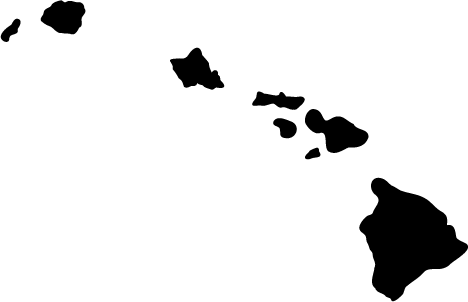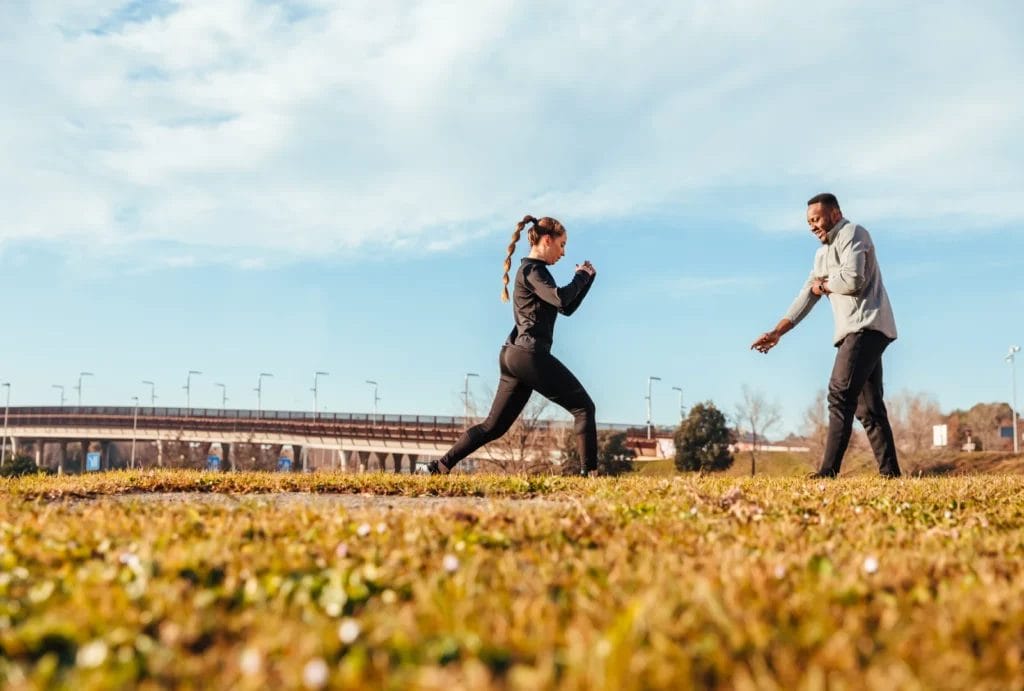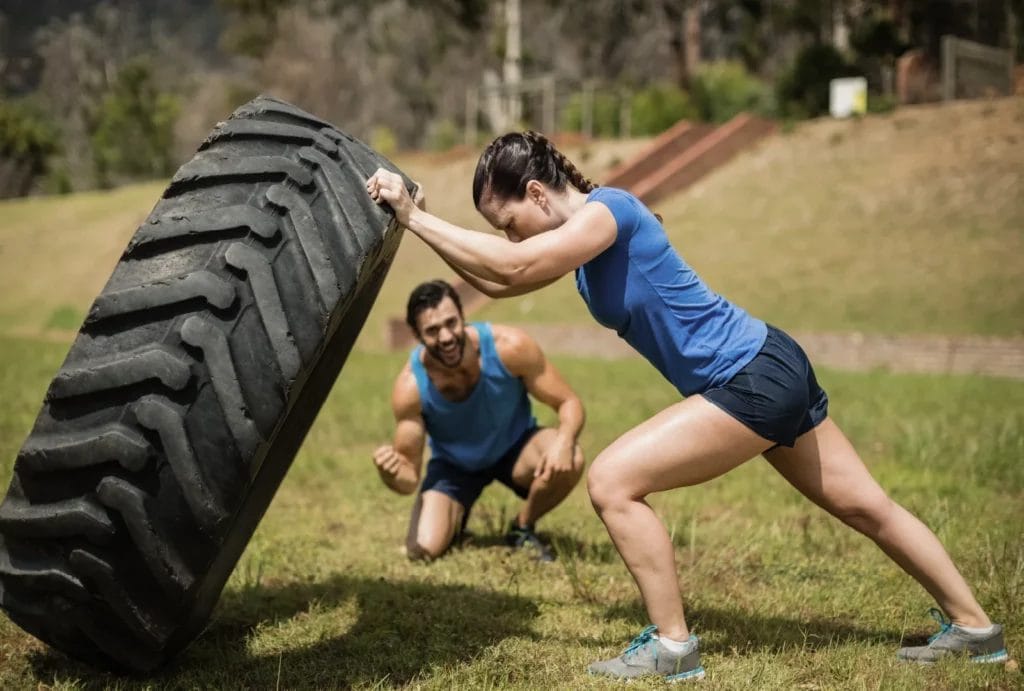
Are you ready to start your personal training career in the Aloha State? You can help Hawaiians from Oahu to Kauai reach their fitness goals while you build a booming business with the right credentials and training.
To work as a personal trainer in Hawaii, you need:
- To be at least 18 years of age with a high school diploma or GED
- A current CPR/AED* certification
- A recognized personal trainer certification
- Liability insurance
*Cardiopulmonary Resuscitation (CPR) / Automated External Defibrillator (AED)
While these are not all official legal requirements, they are the accepted industry standards. By equipping yourself with these credentials, you’ll increase your trustworthiness and appeal to clients and gyms in Hawaii.
Age Requirements for Personal Trainers
Most programs require you to be at least 18 years old to become a personal trainer in Hawaii. You’ll also need to have a high school diploma or equivalent to enroll in these programs.

CPR and AED Certification Requirements in Hawaii
Personal trainers in Hawaii typically need to have an adult CPR/AED certification to work in most fitness facilities. Additionally, most personal trainer programs require this certification before allowing you to take the final exam.*
Certain studios may also require additional training, like child and infant CPR and/or first aid, which can be obtained through providers like the American Red Cross. These courses are sometimes available as bundles with adult CPR/AED training.
You can do your CPR training online, in person, or through hybrid formats. However, the majority of certification programs will require you to undergo a hands-on practical evaluation, which must be completed through an in-person or hybrid course.
For further information about CPR/AED training and to find a class, check out:
*The National Commission for Certifying Agencies (NCCA) states that all personal trainer certifying bodies accredited by the NCCA must require CPR/AED certification.
Personal Trainer Certification in Hawaii
Many gyms, studios, and other fitness centers prefer to hire personal trainers with certifications from an NCCA-accredited program. Most recognized certified personal trainer (CPT) programs have this accreditation.
Pro Tip: Some CPT programs have an open-book or remote exam option. These exams are typically not NCCA-accredited, and therefore may not be accepted at all fitness facilities.
Some of the most popular personal trainer certifications in Hawaii are:
- National Academy of Sports Medicine (NASM)
- American Council on Exercise (ACE)
- National Council on Strength & Fitness (NCSF)
To find the best course for you, check out our review of popular CPT programs.
You also have the option to earn a fitness trainer preparation certificate, such as the one offered at the University of Hawai’i Hilo. This curriculum covers the core subject matter so that you can be well-equipped to pass exams of major certification programs.
Additional Education
For most entry-level personal trainer jobs, bachelor’s degrees (and higher) are not required, but they can increase your appeal to employers and qualify you for more advanced work.
You can also consider earning a specialization certificate to help yourself stand out in the Hawaii job market, which centers heavily on tourism-focused roles, including hospitality, travel, and leisure.

Hawaii Personal Trainer Liability Insurance
As in other states, you’re generally responsible for carrying your own liability insurance as a trainer in Hawaii.
Some larger gyms may cover your work under their liability policy, if you’ve been hired as an actual W2 employee. However, the company could still want you to have your own liability policy regardless of the facility itself’s coverage.
If you’re self-employed or hired as an independent contractor, you will need your own personal trainer liability insurance to protect you from expensive claims stemming from — real or perceived — client accidents, injuries, and other damages.
Fast Facts About Personal Training in Hawaii
The gym, health, and fitness club market in Hawaii is worth $90.4 million.
The Kahului-Wailuku-Lahaina area is the sixth-highest-paying metropolitan area for trainers in all of the U.S.!
Average cost Hawaii personal trainers pay with Insurance Canopy: $17.11/month
FAQs About Personal Trainer Certification in Hawaii
How Much Does It Cost to Become a Personal Trainer in Hawaii?
It will likely cost between $400 and $1000 (depending on the course) for the course itself, study materials, the final exam, and CPR/AED classes.
What Is the Typical Personal Trainer Salary in Hawaii?
Personal trainer pay in Hawaii averages $30 per hour, with the highest paying cities including:
- Kailua: $30.07/hour
- Pearl City: $30.03/hour
- Waianae: $29.98/hour
How Long Does It Take To Become a Certified Personal Trainer?
Most certification programs are self-paced, so it can take between one and eight months, depending on how much time you have to study. Most CPT programs, though, estimate from 3-6 months.
Where Can I Find Personal Trainer Jobs in Hawaii After Getting Certified?
Beyond applying to jobs online, leverage your network and talk to local studios, gyms, community centers, and other fitness facilities.
Chain or big box gyms:
Local and/or municipal locations:
- YMCA of Honolulu
- Senior centers
- Community centers
- Retirement communities
- Corporate wellness programs
Boutique studios, independent gyms, resorts and spas, cruises, and others like:
- Powerhouse Gym Aiea, Aiea
- Iron Hawaiian Fitness, Kalihi
- Maui Powerhouse Gym, Kihei
- R1PFITNESS, Waipahu
- Mo’ili’ili Fitness, Honolulu



